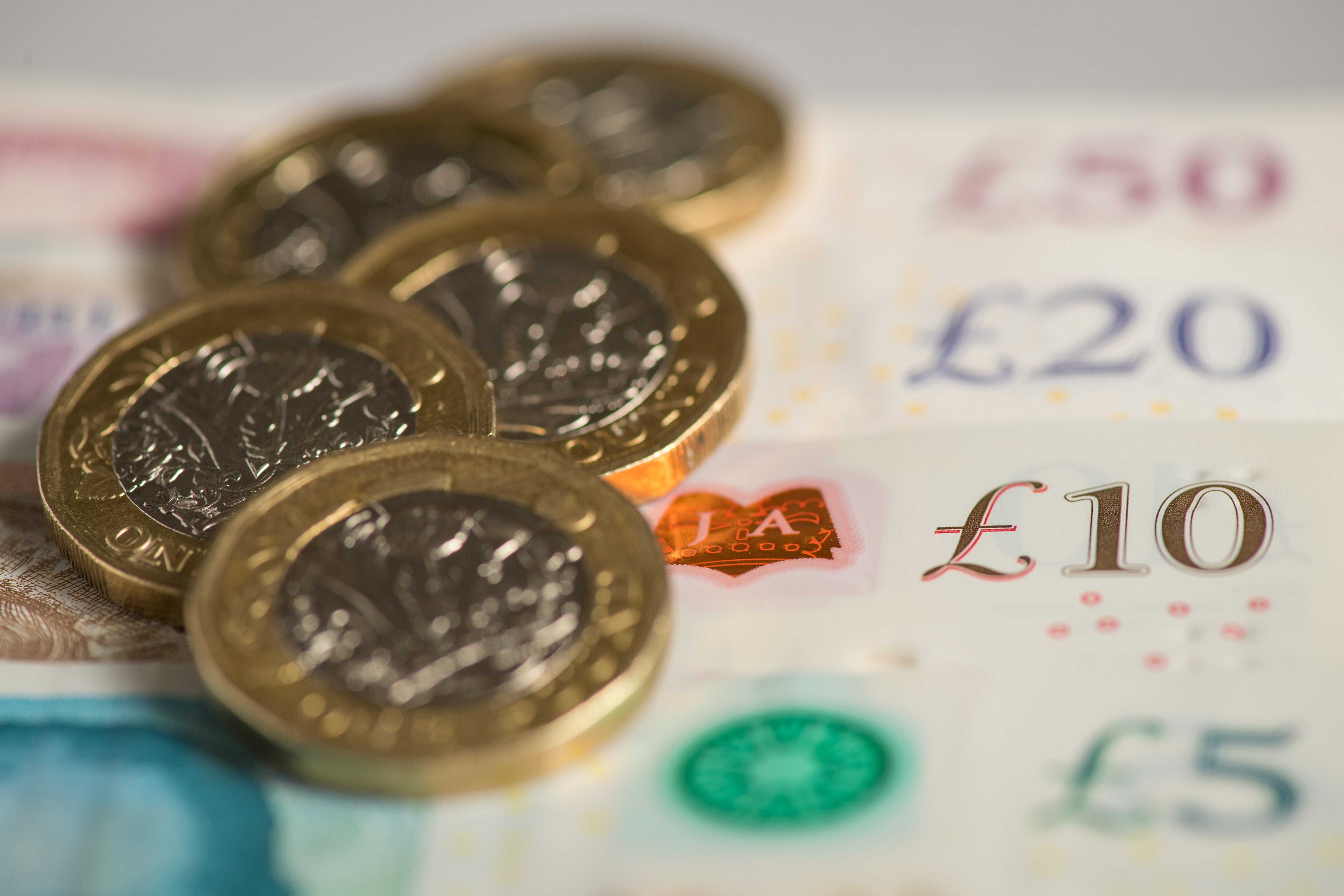Cash use set to survive despite slump during pandemic – report
Use of cash is expected to drop to just 6% of payments by 2031, UK Finance said.

Cash may no longer be king but its rapid decline in use during the pandemic has at least eased, according to a report.
Trade body UK Finance said many people were forced to use alternative ways of spending due to lockdowns and other Covid restrictions.
Customers have continued paying for things with cash, the organisation’s report said, though its use is expected to drop to just 6% of payments by 2031.
The UK will transition to an economy where cash is less important than it once was but remains valued and preferred by many
However, it is possible that the use of cash will increase in the coming months as the rising cost of living forces people to find ways of managing a more limited budget, researchers at the trade body added.
Historic data shows that the only time in recent years when cash payments increased was after the financial crash in 2008, with people seeing it as a safety net.
A similar situation could be repeated over the next year or so as the cost of living soars and double-digit food and drink inflation persists, the researchers suggested.
UK Finance said: “Rather than the UK becoming a cash-free society over the next decade, the UK will transition to an economy where cash is less important than it once was but remains valued and preferred by many.”
The trade body earlier reported that credit card spending has shot up by a third as more people turn to borrowing cash amid the cost-of-living crunch.
UK credit card holders spent just under £20 billion in May, a 33% jump in the total spend compared with the same month last year.
However, cost-of-living fears could make consumers more cautious about taking on additional unsecured debt, UK Finance added in its report.
In particular, concerns about energy and food price increases may have already had an impact on consumer credit, which is often influenced by economic conditions and people’s appetite for taking on debt.
Annual energy bills are predicted to hit £5,640 per year for the average household next April, according to the latest forecast from energy consultancy Auxilione.